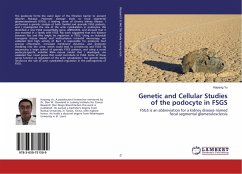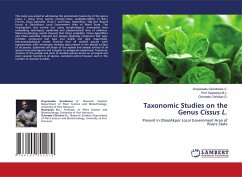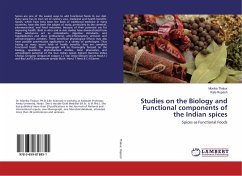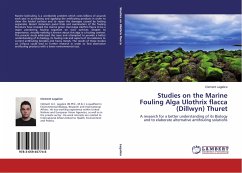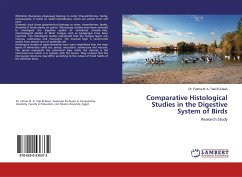The podocyte forms the outer layer of the filtration barrier to prevent albumin leakage. Podocyte damage leads to focal segmental glomerulosclerosis (FSGS), a leading cause of chronic kidney disease. I performed a genetic analysis of both familial and sporadic FSGS patients, and I investigated the role of the actin cytoskeleton in podocytes. We identified a new FSGS susceptibility gene, ARHGAP24, and showed that it was mutated in a family with FSGS. My work suggested that this balance between Rac and Rho might be important in FSGS. Using an inducible transgenic mouse model and multi-photon intravital microscopy, we validated that high activity of Rac1, is responsible for podocyte foot process effacement, increased membrane dynamics, and podocyte shedding into the urine, which could lead to proteinuria and FSGS. By sequencing a large cohort of sporadic FSGS patients, and using a novel podocyte-specific indicible RNAi mouse model that I developed, we validated four novel genes thatcould contribute to FSGS. Some of these genes function as regulators of the actin cytoskeleton. Our genetic study reinforces the role of actin cytoskeletal regulation in the pathogenesis of FSGS.
Bitte wählen Sie Ihr Anliegen aus.
Rechnungen
Retourenschein anfordern
Bestellstatus
Storno

